
Deutsch-Chinesische Enzyklopädie, 德汉百科
 Switzerland
Switzerland

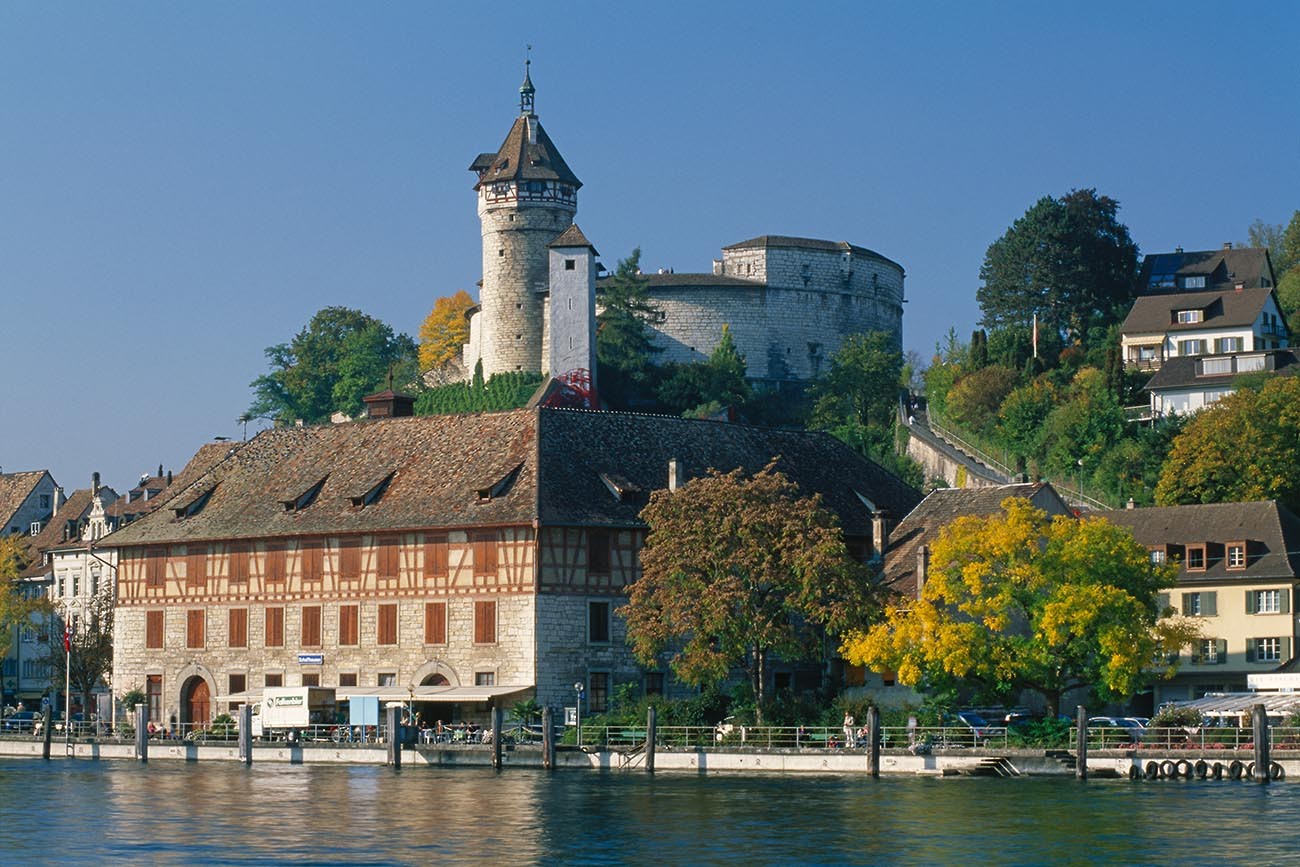

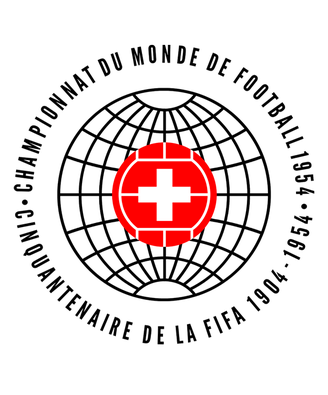
 AFC Champions League 2015
AFC Champions League 2015
 AFC Champions League 2016
AFC Champions League 2016
 AFC Champions League 2017
AFC Champions League 2017
 AFC Champions League 2018
AFC Champions League 2018
 AFC Champions League 2019
AFC Champions League 2019
 Asian Football Confederation
Asian Football Confederation
 CONCACAF
CONCACAF
 Confederación Sudamericana de Fútbol
Confederación Sudamericana de Fútbol
 Confederation of African Football
Confederation of African Football
 FIFA
FIFA
 FIFA Fussball-Weltmeisterschaft 1990
FIFA Fussball-Weltmeisterschaft 1990
 FIFA Fussball-Weltmeisterschaft 1994
FIFA Fussball-Weltmeisterschaft 1994
 FIFA Fussball-Weltmeisterschaft 1998
FIFA Fussball-Weltmeisterschaft 1998
 FIFA Fussball-Weltmeisterschaft 2002
FIFA Fussball-Weltmeisterschaft 2002
 FIFA Fussball-Weltmeisterschaft 2006
FIFA Fussball-Weltmeisterschaft 2006
 FIFA Fussball-Weltmeisterschaft 2010
FIFA Fussball-Weltmeisterschaft 2010
 FIFA Fussball-Weltmeisterschaft 2014
FIFA Fussball-Weltmeisterschaft 2014
 FIFA Fussball-Weltmeisterschaft 2018
FIFA Fussball-Weltmeisterschaft 2018
 FIFA Fussball-Weltmeisterschaft 2022
FIFA Fussball-Weltmeisterschaft 2022

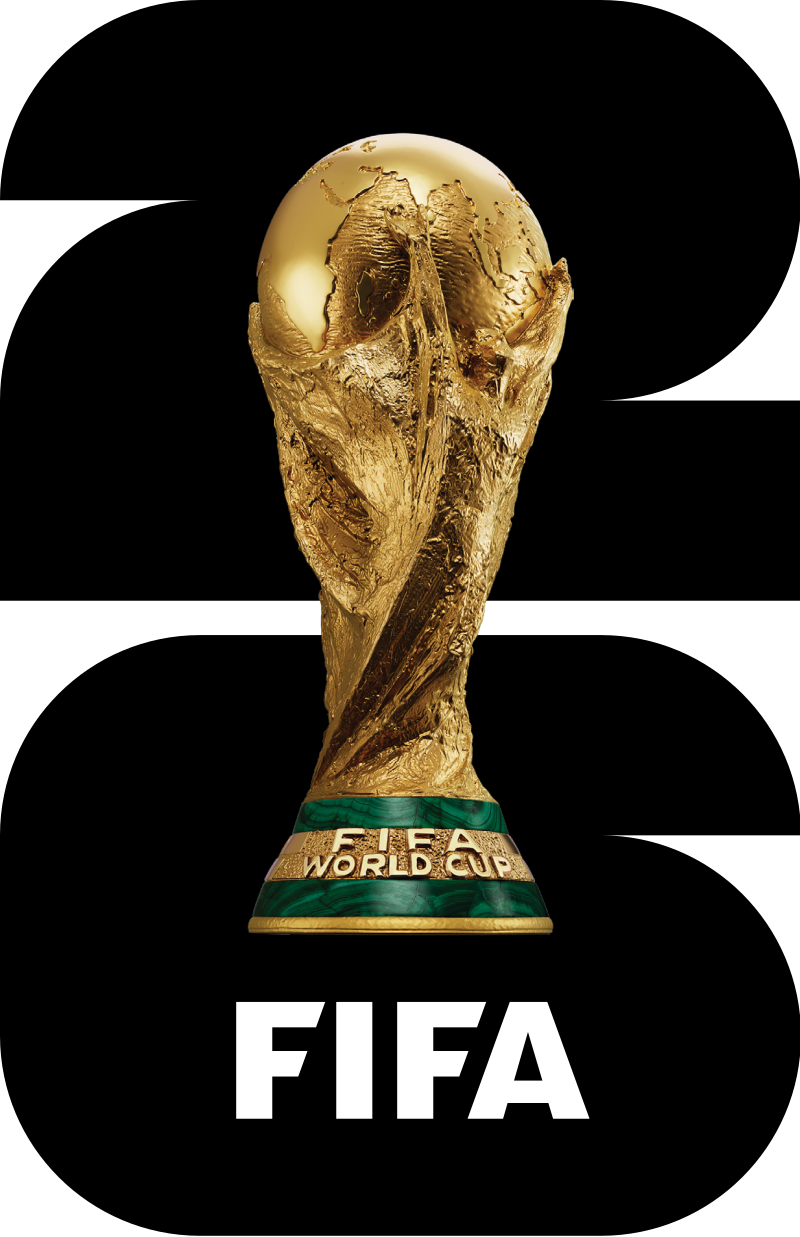 FIFA Fussball-Weltmeisterschaft 2026
FIFA Fussball-Weltmeisterschaft 2026
 FIFA-Konföderationen-Pokal 2013
FIFA-Konföderationen-Pokal 2013
 FIFA-Konföderationen-Pokal 2017
FIFA-Konföderationen-Pokal 2017
 Women's Soccer World Cup 1991
Women's Soccer World Cup 1991
 Women's Soccer World Cup 1995
Women's Soccer World Cup 1995
 Women's Soccer World Cup 1999
Women's Soccer World Cup 1999
 Women's Soccer World Cup 2003
Women's Soccer World Cup 2003
 Women's Soccer World Cup 2007
Women's Soccer World Cup 2007
 Women's Soccer World Cup 2011
Women's Soccer World Cup 2011
 Women's Soccer World Cup 2015
Women's Soccer World Cup 2015
 Women's Soccer World Cup 2019
Women's Soccer World Cup 2019
 Oceania Football Confederation
Oceania Football Confederation
 Switzerland
Switzerland
 Zurich
Zurich

 Sport
Sport
 (F)Football Women's World Cup
(F)Football Women's World Cup

 Sport
Sport
 (F)AFC Champions League
(F)AFC Champions League

 Sport
Sport
 (F)International soccer leagues
(F)International soccer leagues

 Sport
Sport
 (F)CAF Champions League
(F)CAF Champions League

 Sport
Sport
 (F)CONCACAF Champions League
(F)CONCACAF Champions League

 Sport
Sport
 (F)Copa Libertadores
(F)Copa Libertadores

 Sport
Sport
 (F)UEFA Champions League
(F)UEFA Champions League

 Sport
Sport
 (F)European football championship
(F)European football championship

 Sport
Sport
 (F)FIFA U-20 World Cup
(F)FIFA U-20 World Cup

 Sport
Sport
 (F)FIFA Confederations Cup
(F)FIFA Confederations Cup

 Sport
Sport
 (F)Soccer Asia Cup
(F)Soccer Asia Cup

 Sport
Sport
 (F)African Cup of Nations
(F)African Cup of Nations
 UEFA Champions League 2015/16
UEFA Champions League 2015/16
 UEFA Champions League 2016/17
UEFA Champions League 2016/17
 UEFA Champions League 2017/18
UEFA Champions League 2017/18
 UEFA Champions League 2018/19
UEFA Champions League 2018/19
 UEFA Champions League 2019/20
UEFA Champions League 2019/20
 UEFA Europa League 2017/18
UEFA Europa League 2017/18
 UEFA Europa League 2018/19
UEFA Europa League 2018/19
 UEFA Europa League 2019/20
UEFA Europa League 2019/20
 UEFA Nations League
UEFA Nations League
 Union of European Football Associations
Union of European Football Associations

 Important International Organizations
Important International Organizations

国际足球联合会(法语:Fédération Internationale de Football Association;英语:International Federation of Association Football[注 1]),简称国际足联(FIFA),是管理英式足球、室内五人足球和沙滩足球的国际体育组织,下辖211个会员协会。总部设于瑞士苏黎世。现任主席为吉安尼·因凡蒂诺。国际足联负责组织世界重大足球赛事,当中最著名的是4年举行一次的世界杯。[3]
Die Fédération Internationale de Football Association (deutsch Internationaler Verband des Association Football), kurz FIFA oder Fifa, ist ein privater Verband, der „die Kontrolle des Association Football in all seinen Formen“ zum Zweck hat.[3] Der Weltfußballverband ist ein gemeinnütziger Verein im Sinne der Artikel 60 ff. des Schweizerischen Zivilgesetzbuches mit Sitz in Zürich und im Handelsregister eingetragen.[4][5][6] Die FIFA muss als nicht steuerbefreiter Verein im Kanton Zürich eine reduzierte Gewinnsteuer von 4 % entrichten.[1][2]
Die FIFA erwirtschaftet in ihrer aktuellen Vierjahresertragsperiode 5,66 Milliarden Dollar, die zu 89 % aus der Vermarktung der von ihr organisierten Männer-Fußball-WM stammen. Darüber hinaus organisiert sie auch die Frauen-Fußball-WM und zahlreiche weitere Turniere. Ihr Präsident ist Gianni Infantino.
国際サッカー連盟(こくさいサッカーれんめい、仏: Fédération Internationale de Football Association)は、サッカー(アソシエーション式フットボール)の国際競技連盟であり、スイスの法律に基づいた自立法人である。略称はFIFA(フランス語発音: [fifa] フィファ、英語発音: [ˈfiːfə] フィーファ)。本部はスイスのチューリッヒに置かれている。
2018年時点で全211の国内競技連盟が加盟し[1]、国際競技連盟としては世界最大である[3]。FIFAワールドカップ・FIFA女子ワールドカップの主催が、もっとも大きな任務となっている。
The Fédération Internationale de Football Association[a] (FIFA /ˈfiːfə/ FEE-fə; French for International Federation of Association Football; Spanish: Federación Internacional de Fútbol Asociación; German: Internationaler Verband des Association Football) is a non-profit organization which describes itself as an international governing body of association football, fútsal, beach soccer, and efootball. It is the highest governing body of football.
FIFA was founded in 1904[3] to oversee international competition among the national associations of Belgium, Denmark, France, Germany, the Netherlands, Spain, Sweden, and Switzerland. Headquartered in Zürich, its membership now comprises 211 national associations. Member countries must each also be members of one of the six regional confederations into which the world is divided: Africa, Asia, Europe, North & Central America and the Caribbean, Oceania, and South America.
Today, FIFA outlines a number of objectives in the organizational Statues, including growing football internationally, providing efforts to ensure football is accessible to everyone, and advocating for integrity and fair play.[4] FIFA is responsible for the organization and promotion of football's major international tournaments, notably the World Cup which commenced in 1930 and the Women's World Cup which commenced in 1991. Although FIFA does not solely set the rules of football, that being the responsibility of the International Football Association Board of which FIFA is a member, it applies and enforces the rules across all FIFA competitions.[5] All FIFA tournaments generate revenue from sponsorship; in 2018, FIFA had revenues of over US $4.6 billion, ending the 2015–2018 cycle with a net positive of US$1.2 billion, and had cash reserves of over US$2.7 billion.[6]
Reports by investigative journalists have linked FIFA leadership with corruption, bribery, and vote-rigging related to the election of FIFA president Sepp Blatter and the organization's decision to award the 2018 and 2022 World Cups to Russia and Qatar, respectively. These allegations led to the indictments of nine high-ranking FIFA officials and five corporate executives by the U.S. Department of Justice on charges including racketeering, wire fraud, and money laundering. On 27 May 2015, several of these officials were arrested by Swiss authorities, who were launching a simultaneous but separate criminal investigation into how the organization awarded the 2018 and 2022 World Cups. Those among these officials who were also indicted in the U.S. are expected to be extradited to face charges there as well.[7][8][9] Many officials were suspended by FIFA's ethics committee including Sepp Blatter[10] and Michel Platini.[11] In early 2017 reports became public about FIFA president Gianni Infantino attempting to prevent the re-elections[12] of both chairmen of the ethics committee, Cornel Borbély and Hans-Joachim Eckert, during the FIFA congress in May 2017.[13][14] On 9 May 2017, following Infantino's proposal,[15] FIFA Council decided not to renew the mandates of Borbély and Eckert.[15] Together with the chairmen, 11 of 13 committee members were removed.[16]
La Fédération internationale de football association2 (souvent désignée par l'acronyme FIFA) est la fédération sportive internationale du football, du futsal et du football de plage. Association des fédérations nationales fondée le 21 mai 1904 à Paris, elle a pour vocation de gérer et de développer le football dans le monde. La Coupe du monde de football est créée en 1924 par Jules Rimet3, président de la fédération internationale de 1920 à 1954. Le terme Football Association est le nom originel du football, utilisé pour le distinguer des autres sports de ballon.
Fondée par les fédérations d'Allemagne, de Belgique, du Danemark, d'Espagne, de France, des Pays-Bas, de Suède et de Suisse, elle compte au 13 mai 2016 211 associations nationales affiliées à travers le monde, qui doivent être reconnues par l'une des six confédérations continentales. Son siège est situé depuis 1932 à Zurich, en Suisse.
Bien qu'étant officiellement une association à but non lucratif, la FIFA brasse un chiffre d'affaires très important du fait de l'organisation des compétitions et de leur sponsoring. En 2013, la FIFA génère 1,3 milliard de dollars de chiffre d'affaires, et dispose de réserves évaluées à 1,4 milliard de dollars4. La FIFA est chargée de l'organisation des grands tournois mondiaux, et notamment des Coupes du monde masculines, depuis le 13 juillet 1930, et féminines, depuis le 30 novembre 1991.
Après plusieurs années de rumeurs et d'enquêtes de journalistes sur les affaires financières au sein de la FIFA, notamment autour de l'attribution de l'organisation des Coupes du monde de 2018 et 2022 à la Russie et au Qatar, une enquête lancée par le département de la Justice des États-Unis pour des faits de corruption aboutit à un grand scandale en 2015, à la suite duquel le président Sepp Blatter, le 2 juin 2015, trois jours après sa réélection pour un cinquième mandat, annonce qu'il convoque un congrès extraordinaire, prévu en février 2016, afin de remettre son mandat de président à disposition. Le 8 octobre 2015, la commission d'éthique de la FIFA suspend Sepp Blatter de manière provisoire, pendant 90 jours5. Le 21 décembre 2015, la commission suspend Sepp Blatter pour 8 ans6. Cette suspension est ramenée à six ans le 24 février 2016, peu avant l'élection de son successeur, Gianni Infantino, le 26 février 2016.
La Fédération Internationale de Football Association (in italiano "Federazione internazionale di calcio"[Nota 1]), più nota con l'acronimo FIFA, è la federazione internazionale che governa gli sport del calcio, del calcio a 5 e del beach soccer. La sua sede si trova a Zurigo, in Svizzera, e il presidente è Gianni Infantino, eletto nel 2016.
La federazione fu fondata a Parigi il 21 maggio 1904 e si occupa dell'organizzazione di tutte le manifestazioni intercontinentali degli sport sopraccitati, tra le quali la più importante è sicuramente il Campionato mondiale di calcio, che premia il vincitore con il trofeo della Coppa del Mondo. Tale torneo viene disputato ogni quattro anni dal 1930, eccetto che per il 1942 e il 1946 a causa della Seconda guerra mondiale, e la federazione ha il compito di scegliere il paese organizzatore che ospita la fase finale della manifestazione.
La Fédération Internationale de Football Association2 (en español: Federación Internacional de Fútbol Asociación),3 universalmente conocida por sus siglas FIFA, es la institución que gobierna las federaciones de fútbol en todo el planeta. Se fundó el 21 de mayo de 1904 y tiene su sede en Zúrich, Suiza. Forma parte del IFAB, organismo encargado de modificar las reglas del juego. Además, la FIFA organiza la Copa Mundial de Fútbol, los otros campeonatos del mundo en sus distintas categorías, ramas y variaciones de la disciplina, y los Torneos Olímpicos a la par del COI.
La FIFA agrupa 211 asociaciones o federaciones de fútbol de distintos países, contando con 17 países afiliados más que la Organización de las Naciones Unidas, tres menos que la Asociación Internacional de Federaciones de Atletismo y dos menos que la Federación Internacional de Baloncesto.45
Междунаро́дная федера́ция футбо́ла[1] (фр. Fédération Internationale de Football Association, сокращённо FIFA, в русской транслитерации — ФИФА́) — главная футбольная организация, являющаяся крупнейшим международным руководящим органом в футболе, мини-футболе и пляжном футболе. Штаб-квартира ФИФА находится в швейцарском городе Цюрихе.
Под эгидой ФИФА проходят все футбольные турниры всемирного масштаба, в числе которых чемпионат мира ФИФА, аналогичный турнир среди женщин, молодёжные и юношеские турниры, Кубок конфедераций и клубный чемпионат мира.
 Financial Stability Board,FSB
Financial Stability Board,FSB
 Mario Draghi
Mario Draghi
 Financial Stability Board,FSB
Financial Stability Board,FSB
 Mark Carney
Mark Carney
 Financial Stability Board,FSB
Financial Stability Board,FSB
 Randal Quarles
Randal Quarles
 Financial Stability Board,FSB
Financial Stability Board,FSB
 Klaas Knot
Klaas Knot
 Switzerland
Switzerland

 Important International Organizations
Important International Organizations


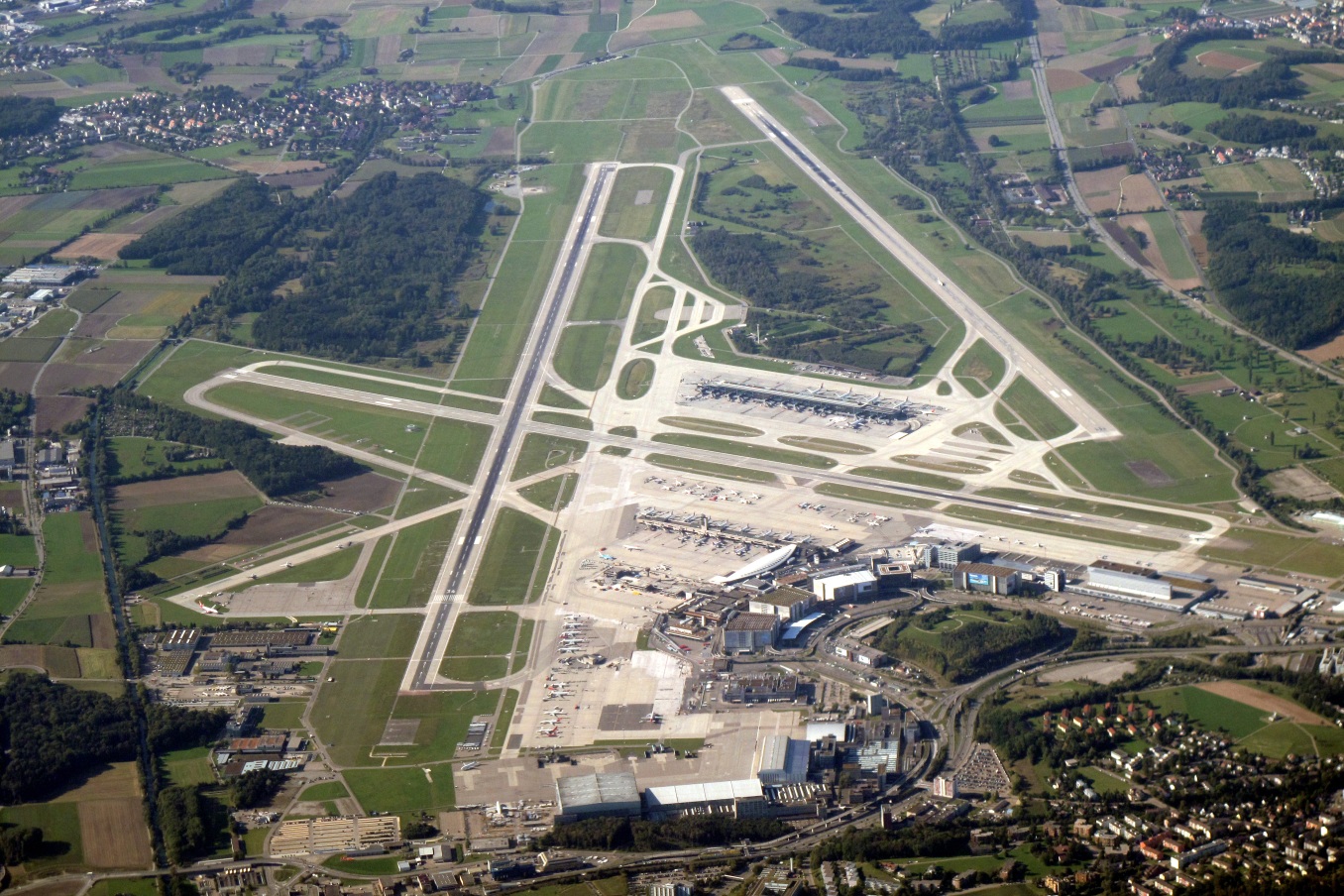
 Azerbaijan
Azerbaijan
 Australia
Australia
 Bahrain
Bahrain
 Belgium
Belgium
 Brazil
Brazil
 China
China
 Germany
Germany
 Formel-1-Weltmeisterschaft 2017
Formel-1-Weltmeisterschaft 2017
 Formel-1-Weltmeisterschaft 2018
Formel-1-Weltmeisterschaft 2018
 France
France
 India
India
 Italy
Italy
 Japan
Japan
 Canada
Canada
 Mexico
Mexico
 Monaco
Monaco
 Austria
Austria
 Russia
Russia
 Switzerland
Switzerland
 Singapore
Singapore
 Spain
Spain

 Sport
Sport
 Hungary
Hungary
 United Arab Emirates
United Arab Emirates
 United States
United States
 United Kingdom
United Kingdom
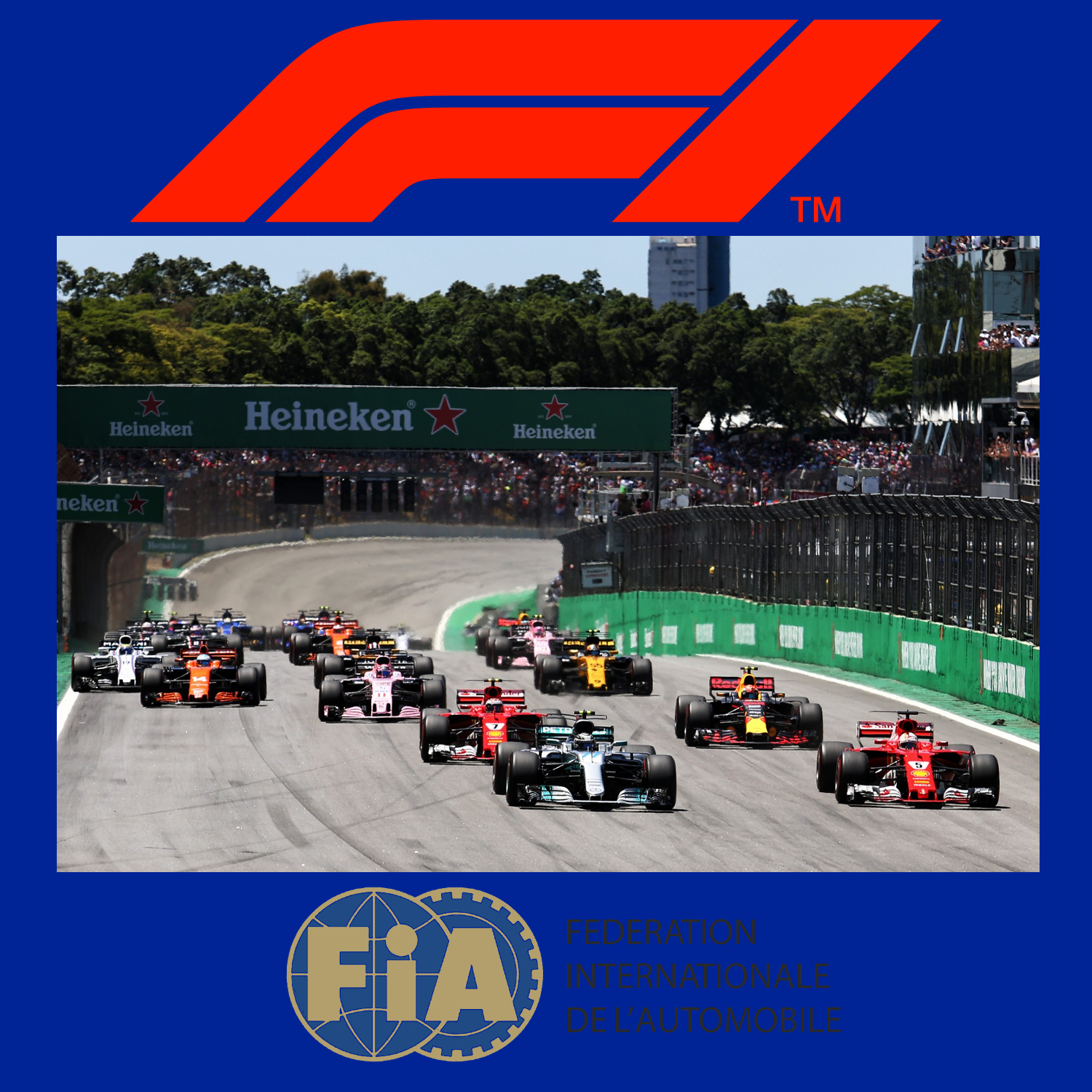
一级方程式赛车(英语:Formula One,也叫Formula 1或者F1)是由国际汽车联盟举办的最高等级的年度系列场地方程式赛车比赛,正式名称为“国际汽车联合会世界一级方程式锦标赛”。名称中“方程式”是指一组所有参赛车辆都必须遵守的规则[1]。F1赛季包括一系列的比赛,而这些所谓的“大奖赛”(Grand Prix,出自法语,本意Great Prizes)的场地是全封闭的专门赛道或者是临时封闭的普通公路。每场比赛的结果算入积分系统并以此确定两个年度世界冠军:一个给车手和另一个给制造商。F1的车手、制造商、组织者以及赛道都必须持有FIA超级驾驶执照,这是国际汽联颁发的最高级别执照。
一级方程式赛车通过产生大量的空气动力学下压力达到非常高的过弯速度,是风靡全球的赛车运动。发动机性能限制在每分钟最多15000转时,其比赛最高速度就可以超过360公里/小时。赛车过弯的横向加速度超过5个标准重力。F1赛车的性能非常依赖电子系统(牵引力控制系统和其他辅助驾驶装置自2008年已被禁止)、空气动力学、悬挂和轮胎。
Die Formel 1 ist eine vom Automobil-Dachverband Fédération Internationale de l’Automobile (FIA) festgelegte Formelserie. Hersteller konstruieren Autos, die den Formel-1-Regeln entsprechen. Diese Autos treten im Rahmen der Formel-1-Weltmeisterschaft zu Rennen in ungefähr 20 Orten pro Jahr an. Am Ende der Saison wird der Fahrer mit den meisten Punkten F1 Fahrerweltmeister und der Hersteller mit den meisten Punkten Konstrukteursweltmeister.
Die Formel 1 ist die höchstrangige von der FIA veranstaltete Rennserie des Formelsports. Sie wird als Königsklasse des Automobilsports bezeichnet, da sie den Anspruch erhebt, die höchsten technischen, fahrerischen, aber auch finanziellen Anforderungen aller Rennserien an Fahrer und Konstrukteure zu stellen. Sie wird auch kurz F1 genannt. Die F1 Weltmeisterschaft heißt offiziell FIA Formula One World Championship, bis 1980 hat sie Automobil-Weltmeisterschaft geheissen.
Formula One (also Formula 1 or F1) is the highest class of single-seater auto racing sanctioned by the Fédération Internationale de l'Automobile (FIA) and owned by the Formula One Group. The FIA Formula One World Championship has been one of the premier forms of racing around the world since its inaugural season in 1950. The "formula" in the name refers to the set of rules to which all participants' cars must conform.[2] A Formula One season consists of a series of races, known as Grands Prix (French for "grand prizes" or "great prizes"), which are held worldwide on purpose-built circuits and public roads.
The results of each race are evaluated using a points system to determine two annual World Championships: one for drivers, the other for constructors. Drivers must hold valid Super Licences, the highest class of racing licence issued by the FIA.[3] The races are required to be held on tracks graded "1" (formerly "A"), the highest grade rating issued by the FIA.[3] Most events are held in rural locations on purpose-built tracks, but there are several events in city centres throughout the world, with the Monaco Grand Prix being the most well-known.
Formula One cars are the fastest regulated road course racing cars in the world, owing to very high cornering speeds achieved through the generation of large amounts of aerodynamic downforce. The cars underwent major changes in 2017,[4] allowing wider front and rear wings, and wider tyres, resulting in cornering forces closing in on 8g and top speeds of up to approximately 375 km/h (230 mph).[5] The hybrid engines are currently limited in performance to a maximum of 15,000 rpm and the cars are very dependent on electronics—although traction control and other driving aids have been banned since 2008—and also on aerodynamics, suspension, and tyres.
While Europe is the sport's traditional base, the championship is truly global, with 11 of the 21 races in the 2018 season taking place outside Europe. With the annual cost of running a mid-tier team—designing, building, and maintaining cars, pay, transport—being US$120 million,[6] Formula One has a significant economic and job-creation effect, and its financial and political battles are widely reported. Its high profile and popularity have created a major merchandising environment, which has resulted in large investments from sponsors and budgets (in the hundreds of millions for the constructors). On 8 September 2016, it was announced that Liberty Media had agreed to buy Delta Topco, the company that controls Formula One, from private equity firm CVC Capital Partners for $4.4 billion in cash, stock, and convertible debt.[7] On 23 January 2017, it was confirmed that the acquisition had been completed, for $8 billion.[8]
La Formule 1, communément abrégée en F1, est une discipline de sport automobile considérée comme la catégorie reine de ce sport. Elle a pris au fil des ans une dimension mondiale et elle est, avec les Jeux olympiques et la Coupe du monde de football, l'un des événements sportifs les plus médiatisés.
Chaque année depuis 1950, un championnat mondial des pilotes est organisé, complété depuis 1958 par un championnat mondial des constructeurs automobiles. La compétition est basée sur des Grands Prix, courses à bord de voitures monoplaces disputées sur circuits routiers fermés permanents mais parfois tracés en ville et temporaires, comme à Monaco, Valence, Singapour, et Bakou.
Cette discipline sportive, régie par la Fédération internationale de l'automobile (FIA), est gérée par la Formula One Administration (FOA) et un ensemble de sociétés satellites contrôlées par Liberty Media. Après l'ère des artisans des années 1960 et 1970, elle a peu à peu attiré les grands constructeurs automobiles mondiaux qui y investissent des sommes élevées, en espérant tirer profit des retombées médiatiques d'éventuels succès. La Formule 1 est considérée comme la vitrine technologique de l'industrie automobile qui y expérimente des nouveautés techniques, parfois issues de la technologie spatiale et susceptibles d'être adaptées ensuite sur les voitures de série.
Outre la compétition, le terme Formule 1 désigne l'ensemble des règles techniques des voitures monoplaces qui sont mises à jour tous les ans par la FIA. Ces règles sont très strictes sur les dimensions des voitures, la cylindrée des moteurs, les technologies mises en œuvre ; elles définissent également les mesures de sécurité des voitures pour assurer la protection du pilote. Les monoplaces de course répondant aux caractéristiques de la réglementation de la Formule 1 sont généralement désignées sous le terme générique de Formules 1.
La Formula 1 o Formula Uno,[1] in sigla F1, è la massima categoria (in termini prestazionali) di vetture monoposto a ruote scoperte da corsa su circuito definita dalla Federazione Internazionale dell'Automobile (FIA).
La categoria è nata nel 1948 (in sostituzione della Formula A, a sua volta sorta solo qualche anno prima, nel 1946), diventando poi a carattere mondiale nella stagione 1950. Inizialmente definita dalla Commissione Sportiva Internazionale (CSI) dell'Associazione Internazionale degli Automobil Club Riconosciuti (AIACR), associazione antesignana della Federazione Internazionale dell'Automobile, oggi la Formula Uno è regolata dal Consiglio Mondiale degli Sport Motoristici (in inglese: World Motor Sport Council, WMSC) della Federazione Internazionale dell'Automobile.
Il termine "formula", presente nel nome, fa riferimento a un insieme di regole alle quali tutti i partecipanti, le macchine e i piloti, devono adeguarsi; esse introducono un numero di restrizioni e specifiche nelle auto, al fine di evitare le eccessive disparità tecniche tra le auto, di porre dei limiti al loro sviluppo e di ridurre i rischi di incidenti. La formula ha avuto molti cambiamenti durante la sua storia. Ad esempio, ci sono stati differenti tipi di motori, con schemi da quattro fino a sedici cilindri e con cilindrate da 1,5 a 4,5 l.
La Fórmula 1, abreviada como F1 y también denominada la «categoría reina del automovilismo»1 o «la máxima categoría del automovilismo»,23 es la competición de automovilismo internacional más popular y prestigiosa, superando a categorías de automovilismo como la NASCAR, el Campeonato Mundial de Rally, el Campeonato Mundial de Turismos o la Fórmula E, entre otras.4 A cada carrera se le denomina Gran Premio y el torneo que las agrupa se denomina Campeonato Mundial de Fórmula 1. La entidad que la dirige es la Federación Internacional del Automóvil (FIA). El Formula One Group es controlado por la empresa estadounidense Liberty Media desde septiembre de 2016.5
Los automóviles utilizados son monoplazas con la última tecnología disponible, siempre limitadas por un reglamento técnico; algunas mejoras que fueron desarrolladas en la Fórmula 1 terminaron siendo utilizadas en automóviles comerciales, como el freno de disco.6 La mayoría de los circuitos de carreras donde se celebran los Grandes Premios son autódromos, aunque también se utilizan circuitos callejeros y anteriormente se utilizaron circuitos ruteros.
El inicio de la Fórmula 1 moderna se remonta al año 1950, en el que participaron escuderías como Ferrari, Alfa Romeo y Maserati. Algunas fueron reemplazadas por otras nuevas como McLaren, Williams, Red Bull y Renault, que se han alzado varias veces con el Campeonato Mundial de Constructores. Las escuderías tienen que planear sus fichajes y renovación de contratos 2 o 3 carreras antes del fin de la temporada. Por su parte, los pilotos deben contar con la superlicencia de la FIA para competir, que se obtiene sobre la base de resultados en otros campeonatos.
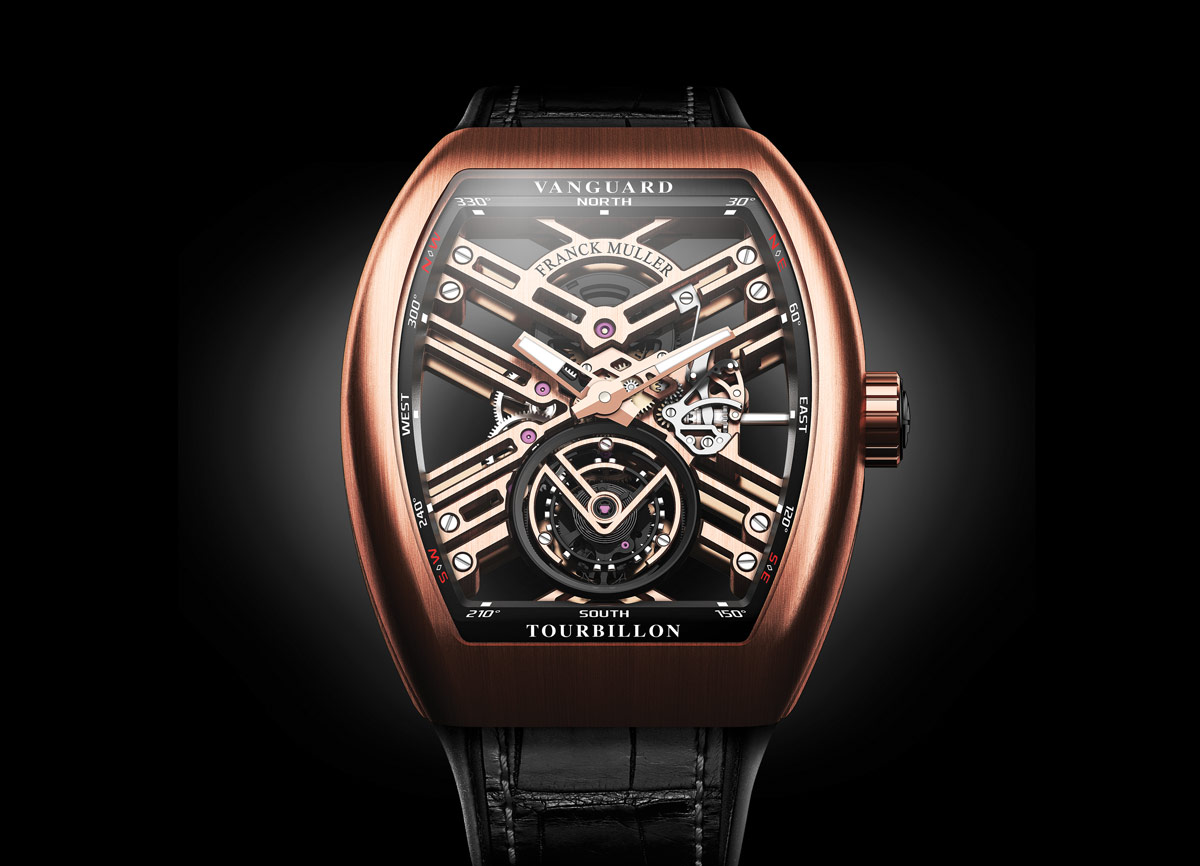
 Andorra
Andorra
 Belgium
Belgium
 France
France

 Hand in Hand
Hand in Hand

 Hand in Hand
Hand in Hand
 Institute of Culture and Language
Institute of Culture and Language
 Canada
Canada

 Literature
Literature
 Luxembourg
Luxembourg
 Monaco
Monaco
 Switzerland
Switzerland

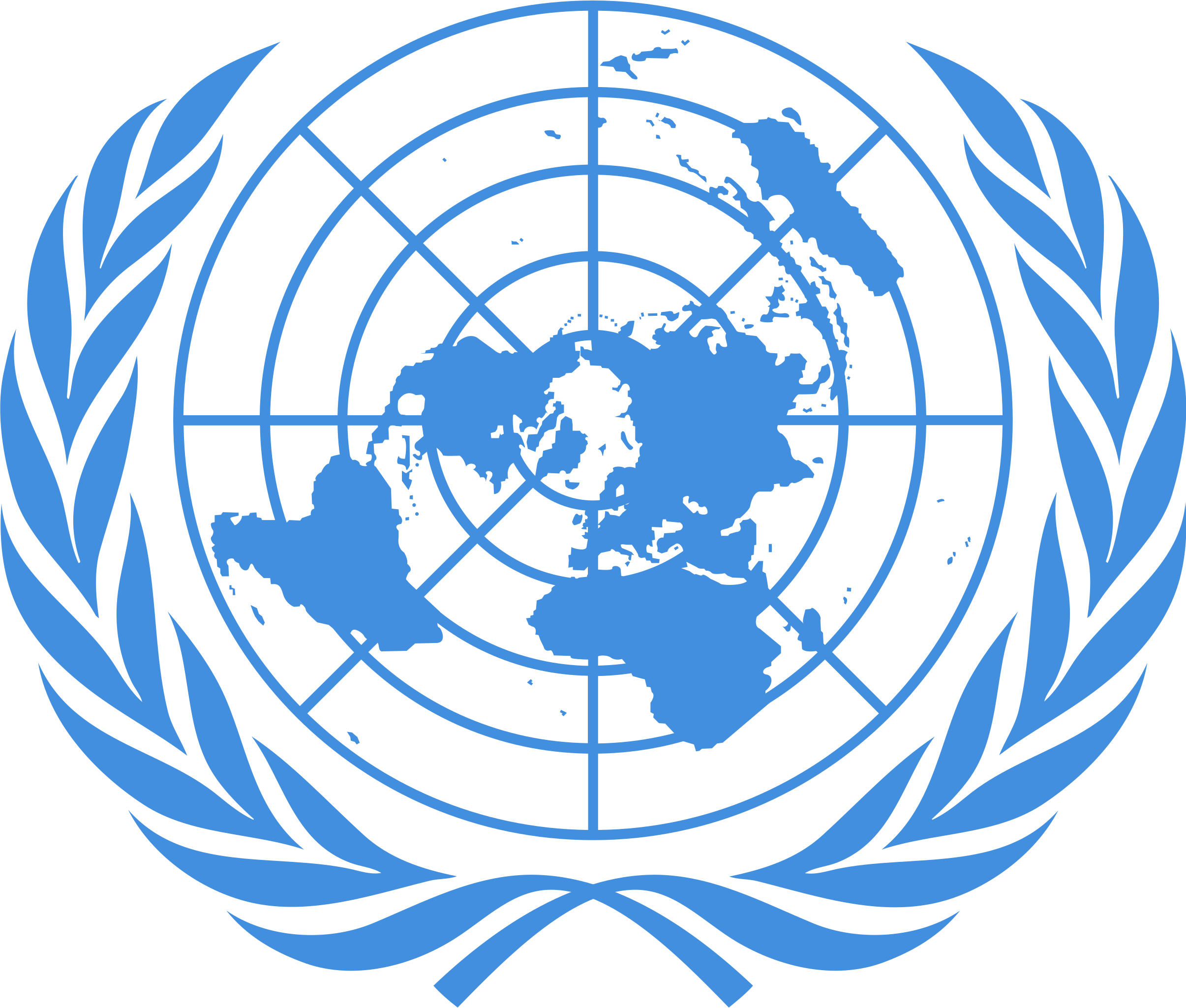 United Nations
United Nations
 Official languages
Official languages
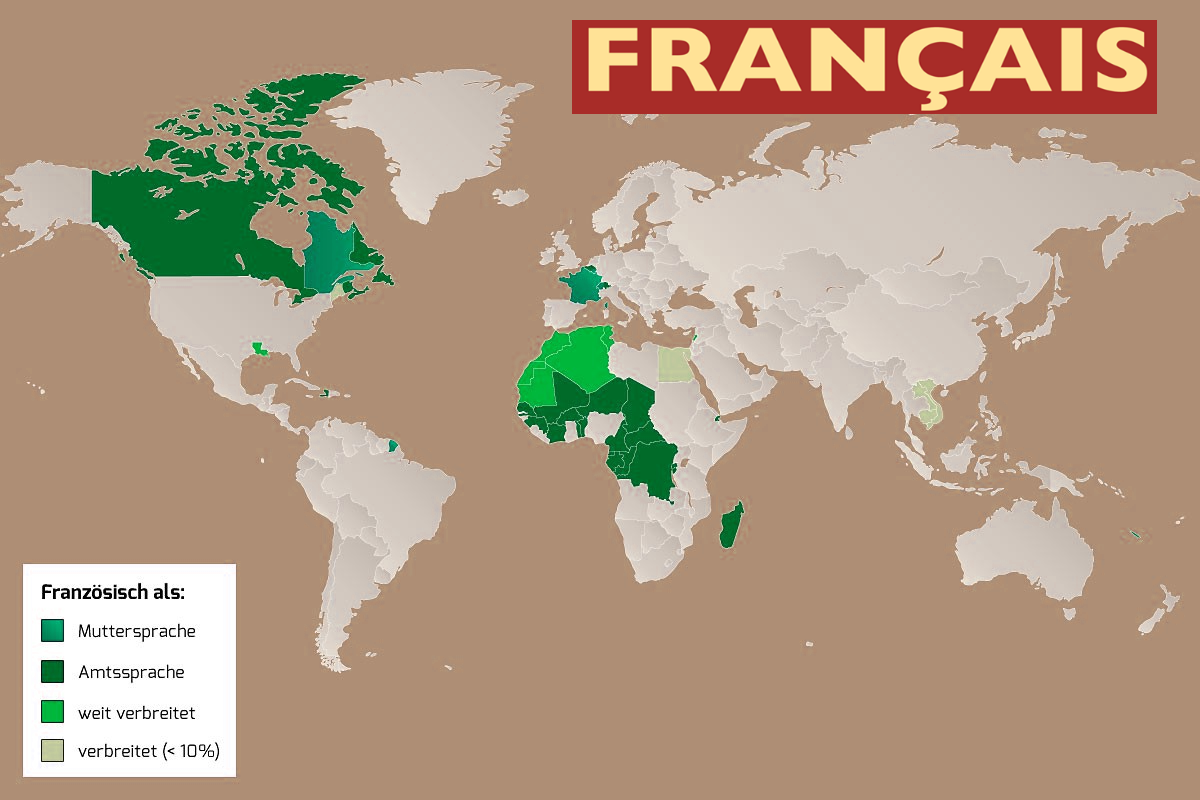
Französisch (Eigenbezeichnung: (le) français [(lə) fʁɑ̃ˈsɛ], (la) langue française [(la) lɑ̃ɡ fʁɑ̃ˈsεz]) gehört zu der romanischen Gruppe des italischen Zweigs der indogermanischen Sprachen. Damit ist diese Sprache unter anderem mit dem Italienischen, Spanischen, Okzitanischen, Katalanischen, Portugiesischen und Rumänischen näher verwandt.
Französisch wird von etwa 235 Millionen Menschen täglich verwendet[3] und gilt als Weltsprache, da es von rund 321 Millionen[4] Sprechern auf allen Kontinenten in über 50 Ländern gesprochen wird.[5]
Französisch ist unter anderem Amtssprache in Frankreich und seinen Überseegebieten, in Kanada, Belgien, der Schweiz, in Luxemburg, im Aostatal, in Monaco, zahlreichen Ländern West- und Zentralafrikas sowie in Haiti, während es im arabischsprachigen Nordafrika und in Südostasien als Nebensprache weit verbreitet ist. Zudem ist es Amtssprache der Afrikanischen Union und der Organisation Amerikanischer Staaten, eine der Amtssprachen der Europäischen Union[6] und eine der sechs Amtssprachen sowie neben Englisch Arbeitssprache der Vereinten Nationen,[7] weiterhin Amtssprache des Weltpostvereins.
Französisch ist die fünftmeistgesprochene Sprache der Welt, im Internet wird sie am vierthäufigsten verwendet,[8] außerdem wird sie weltweit am zweithäufigsten als Fremdsprache erlernt.[9] Im Jahr 2050 werden nach Angaben der OIF weltweit rund 700 Millionen Gesamtsprecher leben.[9]
Auf die französische Sprache wirken normierend ein die Académie française, die sogenannte Loi Toubon (ein Gesetz zum Schutz der französischen Sprache in Frankreich), das Office québécois de la langue française (eine Behörde in Québec), der Service de la langue française (eine belgische Institution zur Pflege der französischen Sprache) sowie die Délégation générale à la langue française et aux langues de France.
法语(法语:français,发音:[fʁɑ̃sɛ] (ⓘ)),属于印欧语系罗曼语族的高卢-罗曼语支。法语和所有罗曼语族语言一样,都是从罗马帝国的拉丁语衍生的,法语从高卢地区(特别是北高卢)的拉丁语口语所演进而来。法语是除英语之外最多国家使用的官方语言、联合国工作语言之一,也是联合国、欧盟、北约、奥运会、世贸和国际红十字会等众多国际组织的官方语言及正式行政语言,其影响力仅次于英语。由于法国和比利时建立的殖民帝国将法语引入美洲、非洲及亚洲等地区,非洲法语成为大部分国家的第二语言,特别是加蓬、阿尔及利亚、摩洛哥、突尼斯、毛里求斯、塞内加尔及科特迪瓦等国[2]。
现时全世界有1亿人将法语作为母语,另有2.8亿人使用法语(包括把它作为第二语言的人),这些数字目前仍在增长中,尤其是在非洲大陆。现今法国法语(français métropolitain)和魁北克法语(québécois)是世界上最主要的两大法语分支,两者在发音与口语词汇上有所区别,但书面形式则一致。

 Architecture
Architecture
 Gothic architecture
Gothic architecture

 Architecture
Architecture
 Neo-Romanesque architecture
Neo-Romanesque architecture

 History
History
 K 500 - 1000 AD
K 500 - 1000 AD

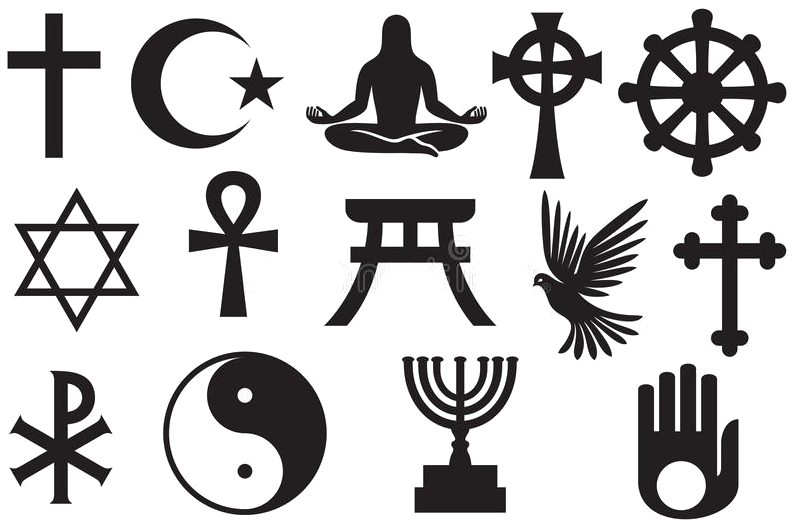 Religion
Religion
 Switzerland
Switzerland
 Zurich
Zurich

 Vacation and Travel
Vacation and Travel

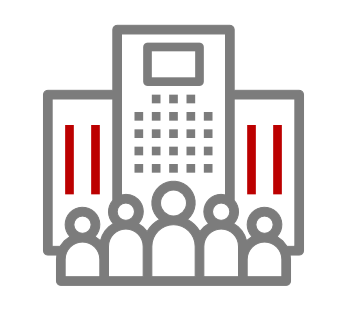 Companies
Companies
 Medical, Pharmaceutical, Rehabilitation
Medical, Pharmaceutical, Rehabilitation
 Geography
Geography
 Ski vacation
Ski vacation
 Financial
Financial
 Party and government
Party and government
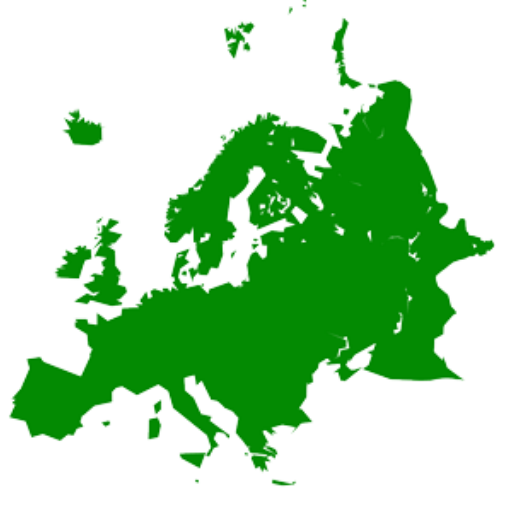 States of Europe
States of Europe
 Transport and traffic
Transport and traffic
 Motorsport
Motorsport
 Life and Style
Life and Style